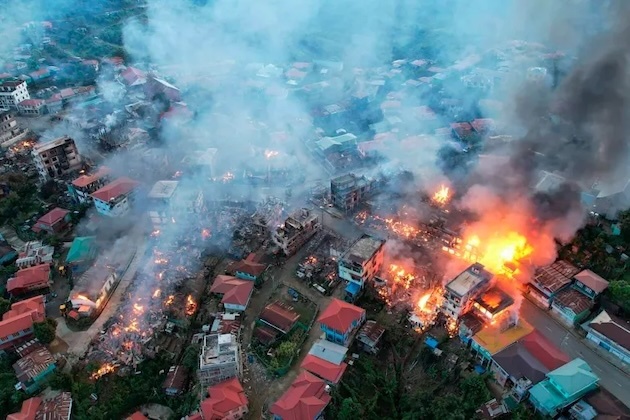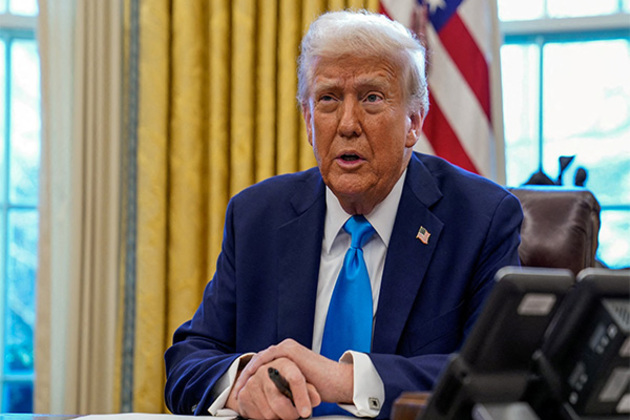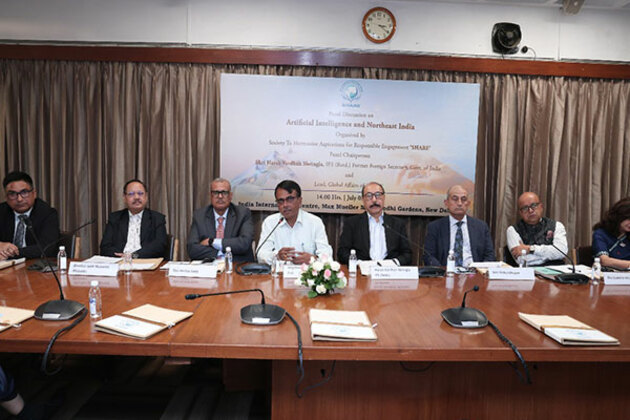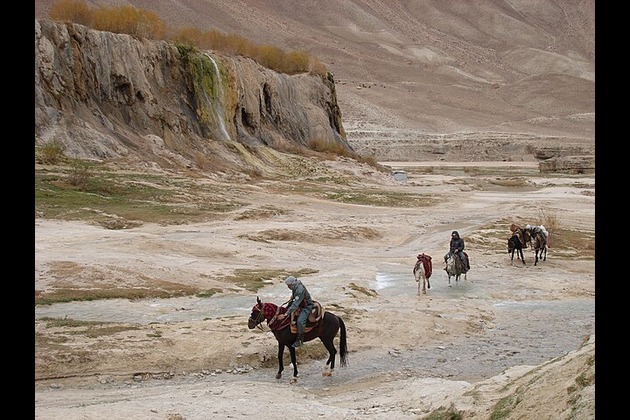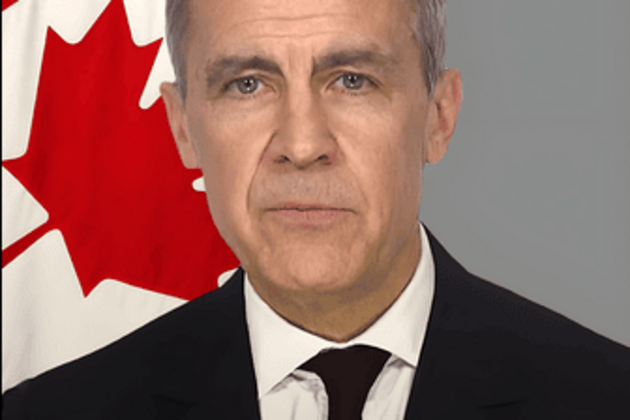How universities can support Indigenous online learners in the pandemic
The Conversation
23 Feb 2021, 00:09 GMT+10
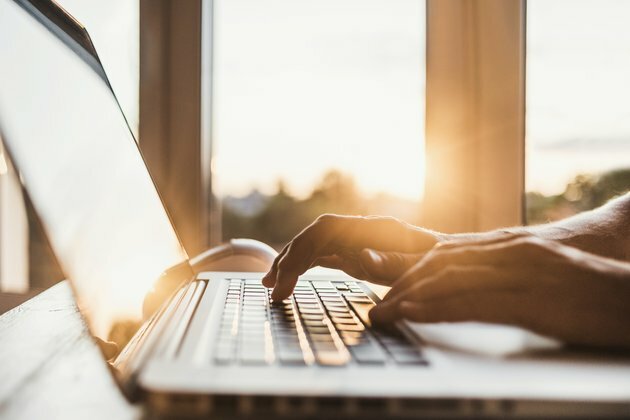
As the second wave of the pandemic wears on, Indigenous students are facing challenges. At Athabasca University, we conducted a study to learn how Indigenous students at our university are doing with online learning in the pandemic. Our colleagues Martin Connors, professor of space sciences/physics and Barbara Reis, a master of education student, were part of our research team.
Athabasca University specializes in and has been an early adopter of distance education, so Athabasca's contemporary online learners did not face an abrupt switch to online learning because of the pandemic. We asked students who self-identify as Indigenous to explain the effects of the COVID-19 pandemic, the challenges and barriers they face in an online learning environment and the adaptations they have made.
While this project studied the immediate impact of the educational disruptions of the pandemic at our university, the findings are relevant to all Canadian universities whose responses need to take into account the impact of the pandemic on Indigenous learners.
Financial, internet barriers
Athabasca University has 3,849 Indigenous students who self-identify as First Nations, Metis, non-status and Inuit. These students live in cities, towns and Indigenous territories across Canada, the northern part of Turtle Island. This spectrum of indigeneity was evident among respondents to our survey.
One hundred and forty Indigenous students completed the online survey, six participated in a focus group and 16 took part in interviews. Among the 16 students interviewed, 11 had to seek course extensions or drop courses due to the stress. Five experienced difficulties, but were able to complete their studies.
Students are weathering an economic storm amid a pandemic. Alberta's decision to implement a performance-based funding model affects post-secondary institutions' budgets, and consequently, Athabasca University increased tuition by seven per cent in 2020 and announced a five per cent increase for 2021.
Before hearing about the recent increase, an Indigenous student who is also a parent explained her hard-pressed situation, saying: "I am really careful with my money when I do get the funding, because I never know if it's going to be a problem next time." There are many steps involved with securing a province of Alberta student loan and some students experience a gap between the time they need to pay tuition and the time funding arrives.
Of the 140 students who completed the survey, 14 per cent found it difficult to complete assignments due to financial stress, and more than half (53.5 per cent) experienced financial fluctuations and had difficulty completing assignments. Many other barriers to completing assignments included competing for household internet or living in a remote location where internet usage must meet the needs of many people living in one household. Some students relayed that internet costs were very high.
Athabasca University's online format was a reassurance to some Indigenous students. One student shared that knowing he was already set up for online learning "when everything else was going crazy" was helpful:
Understanding disease and historical trauma
Indigenous students are anxious about becoming infected with COVID-19 and passing it on to others. Over the winter, numbers surged, hitting Indigenous communities in Alberta hard. During individual interviews, we asked questions about infectious disease, because the past affects the present day, and there are lessons to be learned.
We asked students about their knowledge of the historical past of smallpox-infected blankets and handkerchiefs and the historical treatment and neglect of Indigenous children in residential schools where tuberculosis and neglect caused sickness and deaths.
One student explained:
Historical trauma of infectious disease and displacement are not something Indigenous people get over; it is something passed on that we learn to understand and move through.
How to support students
The pandemic has changed the way post-secondary institutions need to support Indigenous students and provide essential learning services. Through student responses we heard of many ways to do so.
When there is an emergency, communication is very important. Keeping the lines of communication open while responding to student questions is essential for learner success. Indigenous students suggested that it's important for university phone lines to remain open and e-mails should be returned promptly.
Students are in need of mental health support for anxiety and depression exacerbated by the pandemic. One student commented that our society tends to "put such a focus on acute care," while dragging its heels about investing long-term in services to address health inequities for Indigenous people. She was referring to Canada's distribution of vaccines. Elderly members of First Nations, Metis and Inuit communities were vaccinated in the first stage of Canada's COVID-19 vaccine rollout.
The majority of students who spoke with a member of our team shared their experiences and difficulties. It helped them to have a person listening. During the focus group, when Indigenous students met virtually for the first time together, it was mentioned how novel it was to meet online to share personally together as Indigenous people. Technology in an online environment allows for some human connection via Microsoft Teams or Zoom, but it is not the same as being together grounded in ceremony and on the land.
When Indigenous people meet on the land, a fire is one symbol of sacred connection. Online, it is also important to nurture sacred space for Indigenous students to connect. Indigenous people with experience in guiding culturally safe talking circles in an online environment can work across distances and time zones to create such spaces. In an online sharing circle, it's about listening from the heart and sharing experiences. Each person holds space for one another and reminds each other how they belong by being present with one other.
Creating a sacred space in an online environment requires building trust and rapport. Listening to students with a caring heart builds trust and rapport during the era of reconciliation.
Authors: Josephine Auger - Associate professor, Indigenous Studies, Athabasca University | Janelle Marie Baker - Assistant Professor, Anthropology, Athabasca University 
 Share
Share
 Tweet
Tweet
 Share
Share
 Flip
Flip
 Email
Email
Watch latest videos
Subscribe and Follow
Get a daily dose of Asia Pacific Star news through our daily email, its complimentary and keeps you fully up to date with world and business news as well.
News RELEASES
Publish news of your business, community or sports group, personnel appointments, major event and more by submitting a news release to Asia Pacific Star.
More InformationAsia
SectionBeijing crowds cheer AI-powered robots over real soccer players
BEIJING, China: China's national soccer team may struggle to stir excitement, but its humanoid robots are drawing cheers — and not...
COVID-19 source still unknown, says WHO panel
]LONDON, U.K.: A World Health Organization (WHO) expert group investigating the origins of the COVID-19 pandemic released its final...
DeepSeek faces app store ban in Germany over data transfer fears
FRANKFURT, Germany: Germany has become the latest country to challenge Chinese AI firm DeepSeek over its data practices, as pressure...
UN Demands End to Myanmar Violence as Junta’s Election Plans Risk Further Instability
Nearly three months after a devastating earthquake struck Myanmar, the country remains trapped in a deepening crisis, compounded by...
"Not going to let this Communist Lunatic destroy New York": Trump again takes a dig at NYC Dem primary Mamdani
Washington, DC [US], July 2 (ANI): US President Donald Trump was yet again at his rhetoric against the Democratic mayoral nominee for...
Seminar held in national capital focusing prospects of Artificial Intelligence in Northeast region
New Delhi [India], July 2 (ANI): A seminar on the prospects and possibilities of artificial intelligence in Northeast India was organised...
Business
SectionWall Street diverges, but techs advance Wednesday
NEW YORK, New York - U.S. stocks diverged on Wednesday for the second day in a row. The Standard and Poor's 500 hit a new all-time...
Greenback slides amid tax bill fears, trade deal uncertainty
NEW YORK CITY, New York: The U.S. dollar continues to lose ground, weighed down by growing concerns over Washington's fiscal outlook...
Taliban seeks tourism revival despite safety, rights concerns
KABUL, Afghanistan: Afghanistan, long associated with war and instability, is quietly trying to rebrand itself as a destination for...
Nvidia execs sell $1 billion in stock as AI boom drives record prices
SANTA CLARA, California: Executives at Nvidia have quietly been cashing in on the AI frenzy. According to a report by the Financial...
Tech stocks slide, industrials surge on Wall Street
NEW YORK, New York - Global stock indices closed with divergent performances on Tuesday, as investors weighed corporate earnings, central...
Canada-US trade talks resume after Carney rescinds tech tax
TORONTO, Canada: Canadian Prime Minister Mark Carney announced late on June 29 that trade negotiations with the U.S. have recommenced...




